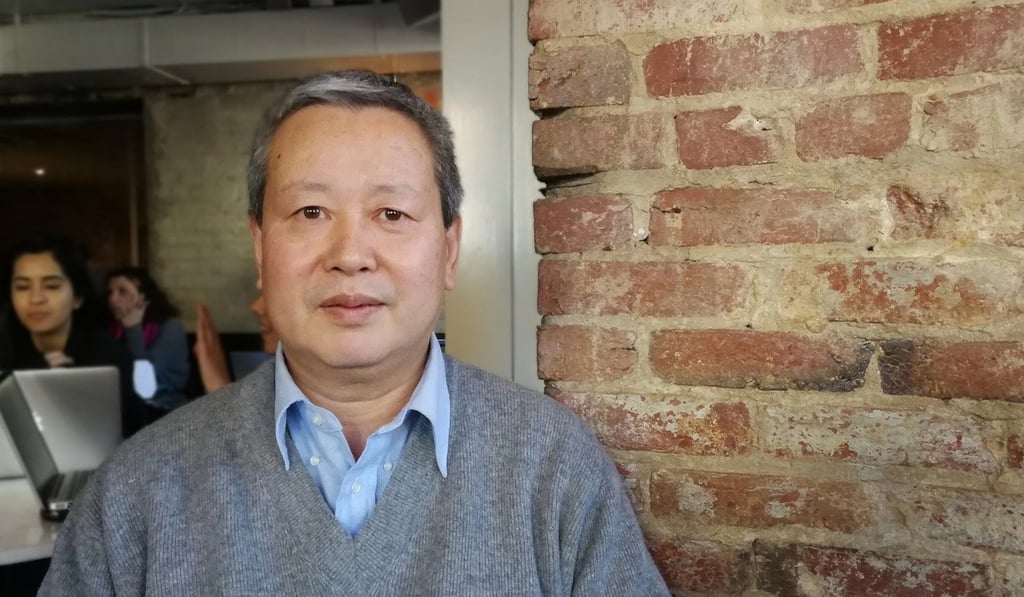Donald Trump, human rights activist? Meet the Chinese dissidents sticking up for the US president
- Inspired by escalation of Washington actions against Beijing, some dissidents see Trump as their best ally for political reform in China
- Supporters include famed activist Chen Guangcheng, 1989 protesters and signatories of the Charter 08 pro-democracy manifesto

In a downtown cafe in Washington one recent winter morning, Xia Yeliang’s impassioned defence of Donald Trump’s politics pulled some patrons’ attention away from their mugs.
Inquisitive eyes darted towards where Xia sat, as he enthusiastically navigated a litany of conservative Republican talking points: welfare reform, immigration control, the migrant caravan, the perils of a Bernie Sanders presidency.
Curiosity would likely have turned to surprise had the customers known who Xia was: a Chinese dissident who signed the seminal Charter 08 pro-democracy manifesto and who was stripped of his Peking University professorship in 2013 amid reports he had delivered “anti-Communist Party and anti-socialist” speeches to students.
Now living in Washington after fleeing China in 2014 and in the middle of writing a book about what he calls the Chinese people’s 100-year-old unfulfilled dream of constitutional democracy, Xia is but one of an unabashed pro-Trump contingent within the US Chinese dissident community.

That Trump supporters exist within the US-based diaspora of Chinese activists is not in itself surprising. “It’s a broad community with commensurately broad views,” said Sophie Richardson, China director at Human Rights Watch.
But the pro-Trumpers include some of Beijing’s most prominent and outspoken liberal critics, activists with first-hand experience of a government’s zero-tolerance approach to dissent – and who know well the dangers of any government that is intolerant of criticism, throttles the press and revolves around the wishes of one man.